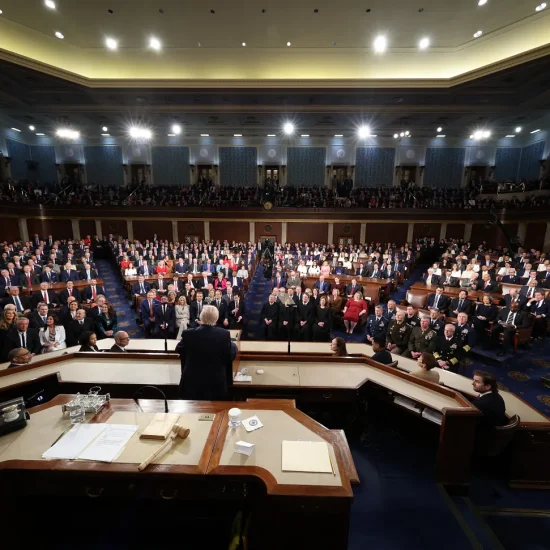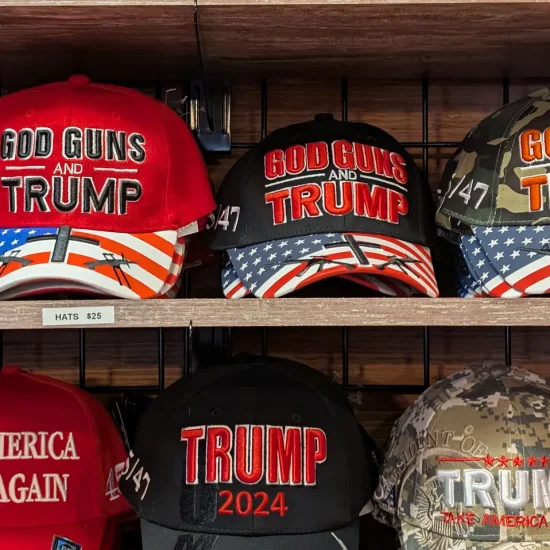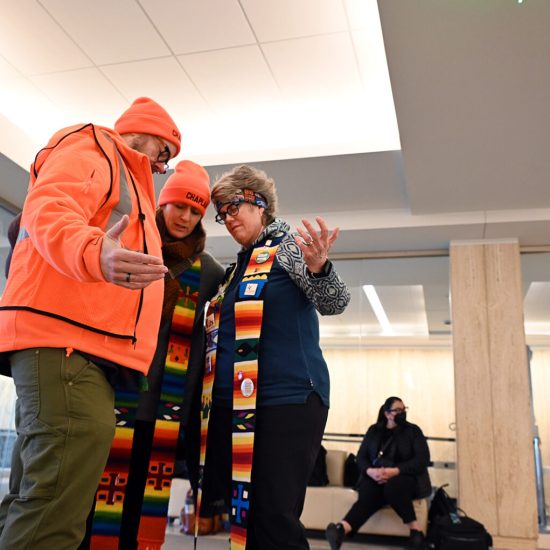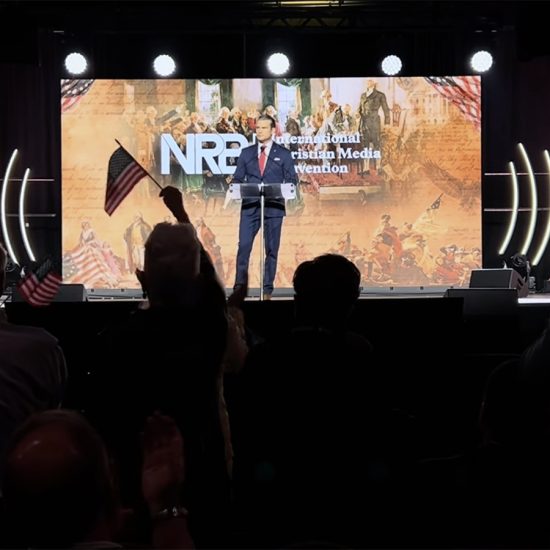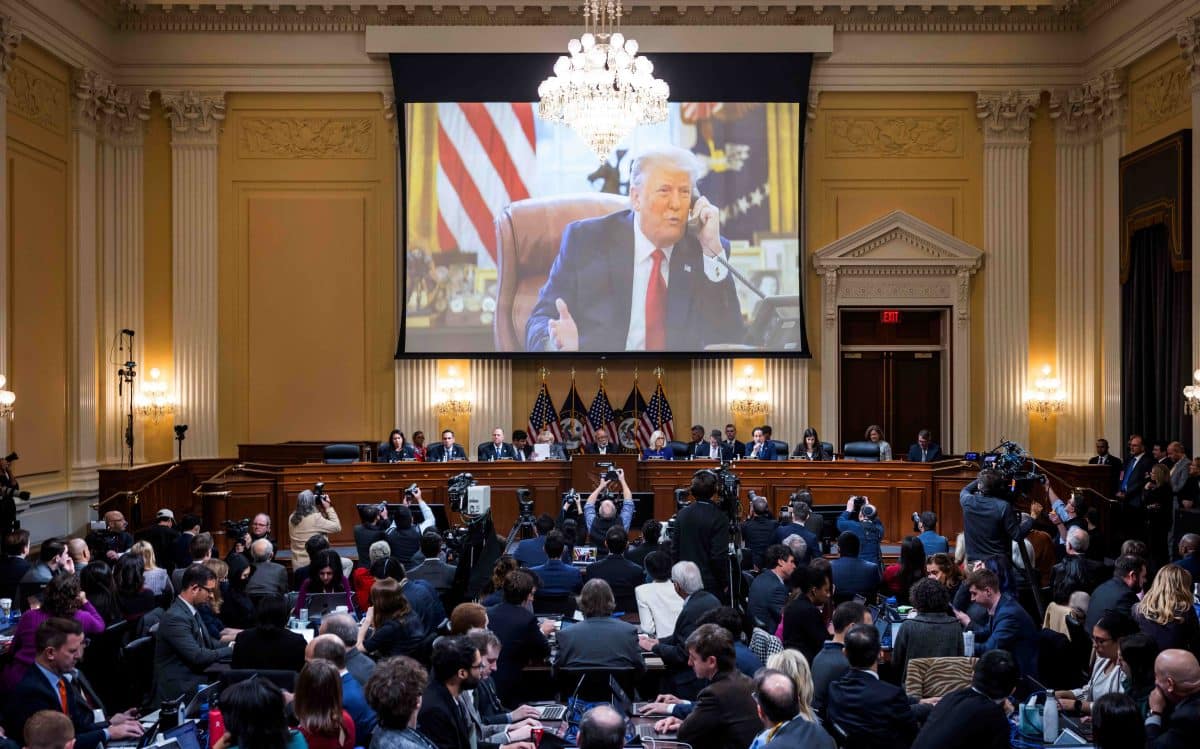
Donald Trump didn’t march to the Capitol on Jan. 6, 2021. But Christian Nationalism did.
The House Select Committee that’s been investigating the Jan. 6 insurrection spent time highlighting how Trump told supporters he would march with them and even argued with staff who successfully prevented that from occurring. But none of the hearings covered the ideology of Christian Nationalism that inspired many who did storm the Capitol, attack police officers, threaten congressional members, and try to overturn a free and fair election.
The silence about Christian Nationalism in the hearings came even after several leaders of Christian denominations urged the committee to “focus questioning and discussion on Christian Nationalism and the role it played in bolstering, justifying, and intensifying the Jan. 6 attack.” The leaders explained that as Christians they “are deeply concerned about Christian Nationalism and its danger not only to our constitutional democracy but in its distortion of Christianity.” But those prayers went unanswered.
Then after 17 months of investigations, hundreds of interviews, several successful court battles to get documents, and nearly a dozen public hearings, the House Select Committee on Thursday (Dec. 22) released its 845-page final report. But don’t bother flipping through it to find the documentation on Christian Nationalism’s role in fueling the insurrection — because the committee virtually ignored the topic.
The report only names Christian Nationalism once. As it describes the movement led by Nick Fuentes (who recently dined with Trump and Kanye West), it notes in passing that Fuentes and his followers “have repeatedly promoted White Supremacist and Christian Nationalist beliefs.” Bizarrely, there are as many instances of “Islamic terrorism” in the report as Christian Nationalism.
There’s another reference to “the self-proclaimed ‘Judeo-Christian’ Jericho March organization,” and three references in footnotes to a Washington Post article by Peter Manseau about the religious influences of one insurrectionist. And those are all the times “Christian” shows up (except one more time as a person’s name).
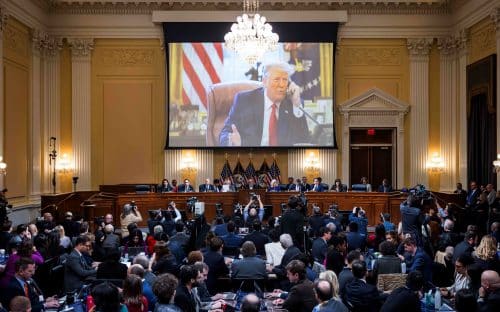
A video presentation plays showing former President Donald Trump, as the House Select Committee investigating the Jan. 6, 2021, attack on the U.S. Capitol holds its final meeting on Dec. 19, 2022. (Jim Lo Scalzo/Pool Photo via AP)
Other religious terms don’t show up in the report much either. Just a few references to “God” or “prayer.” And none to “Bible” or “crucifix” despite insurrectionists carrying such symbols along with the Christian flag (also not in the report even though Confederate, Trump, and QAnon flags are highlighted). And just one occurrence of “Jesus,” but it was uttered by someone attacked because of Trump’s lies about the election. Reading the report, one would almost think religion had nothing to do with Jan. 6. But unfortunately it did.
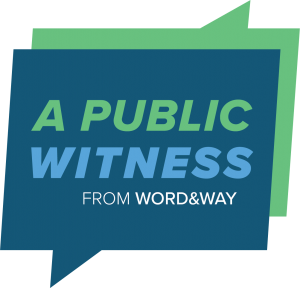 In this issue of A Public Witness, we review the significance of Christian Nationalism in what occurred on Jan. 6, and then we offer a word of warning about what is missed when this piece of the puzzle is left out.
In this issue of A Public Witness, we review the significance of Christian Nationalism in what occurred on Jan. 6, and then we offer a word of warning about what is missed when this piece of the puzzle is left out.
The rest of this piece is only available to paid subscribers of the Word&Way e-newsletter A Public Witness. Subscribe today to read this essay and all previous issues, and receive future ones in your inbox.

